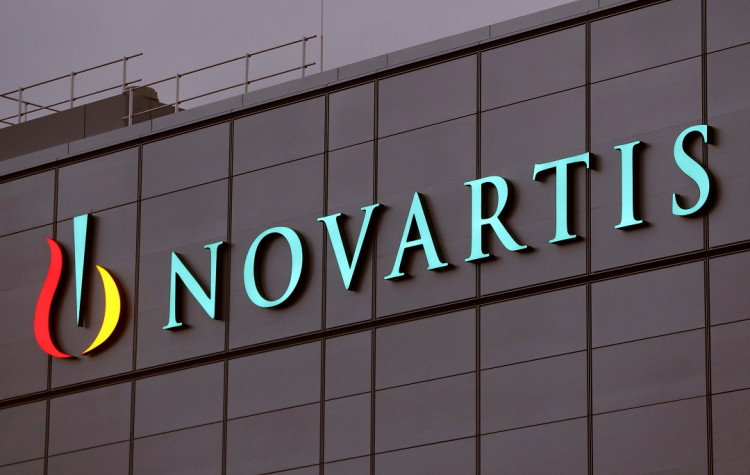Major pharmaceutical companies led by players such as Novartis and Pfizer are now scrambling to thrown down serious cash to become leaders in the growing gene therapy manufacturing sector. Since 2018, around 11 drug companies have invested a combined $2 billion in gene therapy research and development.
According to reports citing sources close to the matter, the investments are geared towards better controlling the production of gene therapy treatments, which are becoming one of the world's most expensive medicines. Pfizer has reportedly allocated around $600 million to establish its own gene therapy manufacturing plants, while Novartis has set aside $500 million for its own facilities.
Gene therapy treatments are among the most advanced forms of medication, utilizing advancements in gene manipulation technologies. The treatments essentially attempt to "cure" diseases by replacing mutated genes within patients' cells with healthier copies. The technology has the potential to treat formerly incurable diseases with just a single treatment.
Due to the complexity of manufacturing and developing these kinds of treatments, prices for each drug are typically not within reach. Some gene therapy treatments can cost more than $1 million per patient. Drugmakers have long stated that the costs for the treatments are justified given their effectiveness and the difficulties involved in manufacturing them.
In response to the criticisms over the rising costs of the treatments, drugmakers have made substantial investments in establishing their own manufacturing plants to hopefully reduce prices. A good chunk of the expenses involved in manufacturing these types of drugs has been the drug companies' reliance on third-party contract manufacturers.
Establishing their own facilities also has the advantage of ensuring that the drugmakers can more closely control and safeguard their proprietary production methods. Close control over their drugs also allows the company to immediately address concerns raised by regulators such as the US Food and the Drug Administration (FDA).
According to Novartis' president of gene therapy division, David Lennon, the capacity shortage and the difficulty of finding reliable contract manufacturers have pushed the company to establish its own internal manufacturing facilities.
With any investment, there will, of course, be some risks involved. Pfizer's senior vice president of its global gene therapy business, Bob Smith, acknowledged that the company's investment is essentially a "leap of faith" as there could be major issues further down the road. These issues could include a drug not being approved by regulators or issues with a drug's effectiveness despite already spending billions on its development.






